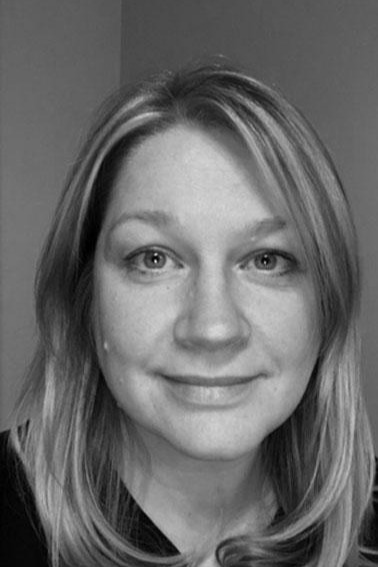

The Power of Play: An Investigation Into Experiential Play-Based Learning in the Post-Secondary Context at U of G
Kimberly Squires | Tricia van Rhijn - $6,300
Experiential learning opportunities can have many benefits for students, including the opportunity to connect academic knowledge with practice. Unfortunately, the availability of these experiences is sometimes limited, especially in larger and earlier undergraduate courses. Play-based learning is also commonly recognized as having many benefits, particularly for children’s learning. Adult engagement in playful learning experiences has been much less studied and is an important area to examine further due to the potential benefits. In this research project, we will investigate the impact of play-based experiential learning, through the implementation of play labs in second-year undergraduate courses within the Department of Family Relations and Applied Nutrition. The findings from this project will add important knowledge related to implementing smaller-scale experiential learning opportunities and play-based learning opportunities within larger undergraduate courses. This will inform future post-secondary pedagogical and teaching practices to better support student learning.



